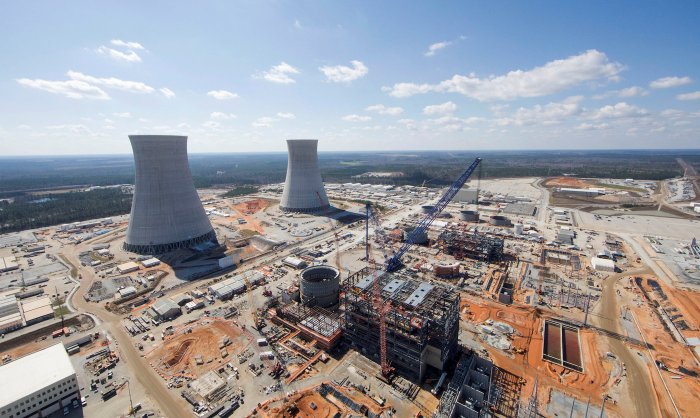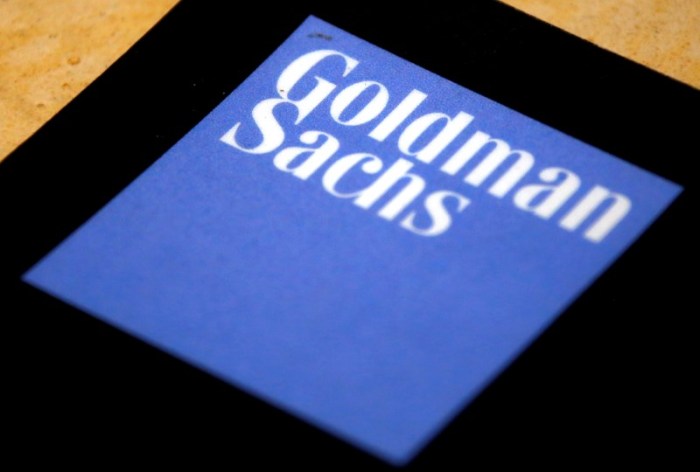By Blanca Rodríguez
JABUGO, Spain (Reuters) – In Spain’s cured ham capital, the small southern village of Jabugo, uncertainty over who will govern next in Madrid is a remote concern for investors keen to produce more of the Andalusian delicacy. Drawn by the export potential for premium ham, family-owned meat producer ElPozo is pouring 70 million euros ($78.38 million) into building a new processing plant in the area even as Spain enters its sixth month without a new government and gears up for a repeat election on June 26. It is far from alone.
In part thanks to Spain taking Germany-inspired austerity medicine and dealing with its banking crisis earlier than many European peers, company investments have chugged along since an inconclusive December ballot. Even now, with opinion polls projecting a similarly fragmented result and raising fears of a paralysis that could jeopardise Spain’s recovery from a painful double-dip recession, local and foreign firms are finding reasons to expand, from the country’s relatively low wages to recovering household spending. French carmakers Renault The economy grew 0.8 percent between January and March for the third straight quarter, one of the fastest rates in the euro zone, as both consumers and businesses shrugged off politicians’ failure to strike a coalition deal. In ElPozo’s case, surging Chinese demand for Spanish pork and high-quality cured ham is an opportunity it is loathe to pass on. Spain’s meat exports are thriving, having jumped 16 percent last year to nearly 2 million tonnes. “We want to inundate the world with Iberian ham,” said Rafael Fuertes, one of the senior managers at ElPozo.
The firm already derives about 15 percent of its revenue from exports and is seeking to make a push in Latin America as well as Asia.
Its plant in Jabugo, first mooted in 2011, aims to produce 2.5 million sausages, hams and other types of cold cuts a year, after the firm more than trebled its early production targets and increased by 50 percent its investment budget last year. Premium products will include cured legs of Iberico ham, produced from pigs fed on acorns from oak trees and hung out to dry in traditional ventilated cellars for months.
LOCAL SAFETY NET
For ElPozo and many other firms, support from local authorities has provided an extra safety net as parties on the left and right jostle for power in Madrid.
Spain’s 17 highly-devolved regions, whose stretched finances drew international concern at the height of the euro zone debt crisis in 2012, argue they are now a source of institutional stability. They boast of their own parliaments, budgets and local subsidy schemes, while even small municipalities can help get projects moving.
ElPozo’s plant in Jabugo is due to start taking shape later this year and should create about 70 permanent jobs in this village of some 2,400 people.
“Here nobody is worried about whether there is a national government or not,” said Jabugo Mayor Jose Luis Ramos of the Socialist party, who has been in the job for the past 15 years.
DEALBREAKERS?
The economy has plenty of momentum, with companies going through with investment plans hatched before the last election, but it cannot continue on auto-pilot indefinitely and there are already signs that the momentum has begun to slow. If the next election fails to quickly break the political impasse, and ushers in another round of inconclusive negotiations, the uncertainty could yet have a more marked impact on companies’ ambitions. Spain’s trade tailwinds could also fade.
“Higher oil prices could now start working in the other direction,” said Gizem Kara, senior euro zone economist at BNP Paribas. “Exports are also not doing so well, due to a slowdown in emerging markets, compounded by the impact of the stronger euro. This is likely to weigh on investment growth.” Industrial spending on equipment and machinery slowed slightly in the first three months of the year, growing 1.3 percent on a quarterly basis compared to 1.9 percent previously, while the construction sector registered a contraction as a result of infrastructure tenders drying up. Already in May, surveys pointed to waning growth in Spanish factory orders, while the latest consumer and business sentiment indicators are mixed, at a time when uncertainty over the direction of policies still lingers. Parties such as the left-wing Socialists or anti-austerity Podemos (“We can”) – which placed second and third in the December vote, behind the centre-right People’s Party (PP) – have for instance called for a rollback of labour laws introduced in 2012 which lessened firms’ firing costs and made it easier for them to lower salaries. Yet even changes such as these may not be dealbreakers as long as domestic demand holds up or firms succeed in finding new export avenues.
For ElPozo, Jabugo also had its own peculiar allure, even if it will be joining more than 20 other producers there.
Nestled in the hills of the Huelva province, where extensive oak woods provide an ideal feeding ground for pigs, the village is famed for a micro-climate that creates the optimal conditions for curing meat. “We have a long term vision, we’re not risk capital investors,” ElPozo’s Fuertes said.
(Additional reporting and writing by Sarah White; Editing by Julien Toyer)


















